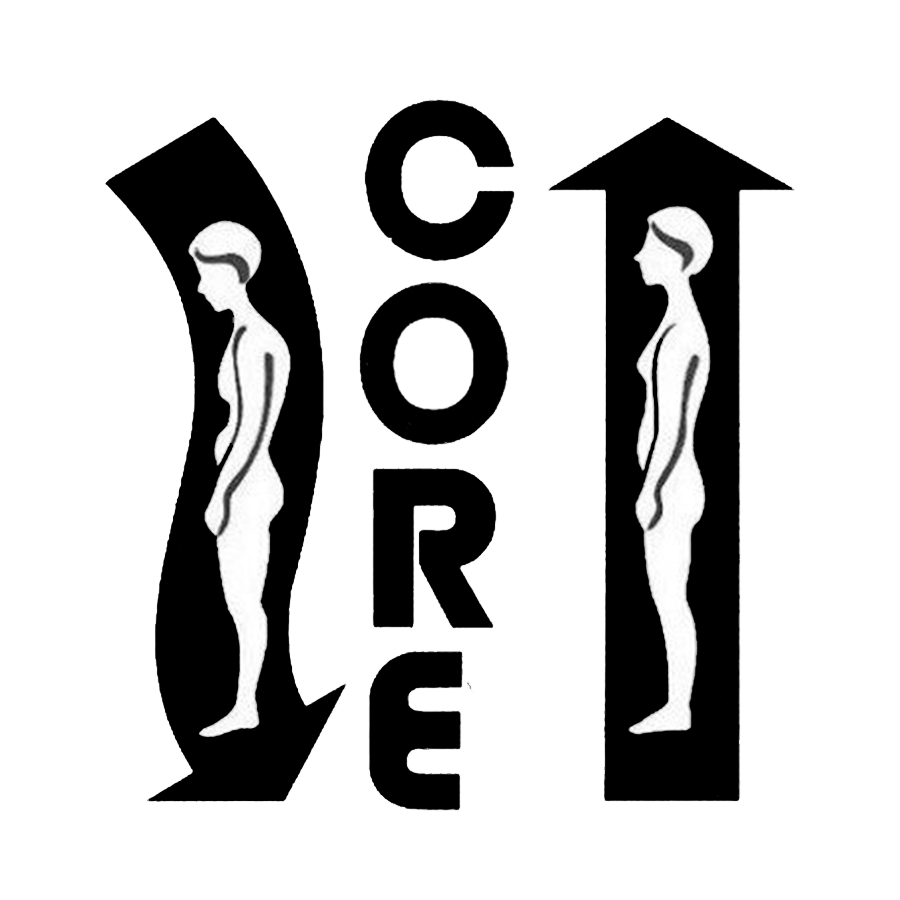Most of us make those New Year's resolutions: I'll lose fifteen pounds, I'll work out regularly, I'll settle the old score, I'll make more money, etc, etc. Too many of us don't seem to get those resolutions to resolve into something new and better. In my head, one of the reasons for that is because we set goals too ambitious, too difficult, and too hard to reach instead of setting smaller and more achievable ones. To that end, I'd like you to think about your expenditure of energy in terms of how and how often you move during a day. It seems to me that most of us don't move nearly enough, and that when we finally do move we effort a bit too much in our desire to fix everything quickly. Neither of these 'fixes' will fix anything, and in fact, just may make things worse.
Let's start with that second idea first: It's a New Year, and we're going to trim off the fifteen holiday (or before) pounds, then we're going to get the new wardrobe, then the new job, etc, etc. We set very lofty goals, then stop fairly quickly when we feel defeated by the goals we've set, and we begin to feel like a failure. How to change this? It's simple, really. We merely set smaller and more achievable goals instead of lofty grand ones. Instead of forcing self to lose fifteen pounds, why not focus on eating a bit healthier with more of the good foods—vegetables, fruits, fiber and more water in the diet? Without going kamikaze and feeling the need to monitor everything that goes through the lips, we can simply start being a bit mindful of the things we ingest, and mindfully and gratefully absorbing them and their nutrients?
The second idea above also bears thought: 'mindful movement, where you are' suggests that anything and everything around you can be seen as exercise equipment. Instead of buying a beautiful new workout suit, then a membership in that fancy gym, why not decide to walk 2500 steps around the house or neighborhood every morning when you get out of bed? Why not decide to purchase five pound weights and use them for fifteen minutes each morning in twisting, lateral flexing and forward and backward bends? Why not purchase a $40 rebounder (small trampoline/circulator) and spend ten or fifteen minutes each day with this type of equipment? We don't need more expensive equipment, clothing, and such things to move better; we just need to move better. Think of this: Why not try using big toe push-ups while standing at the kitchen sink to do dishes, or at the counter while preparing vegetables? Why not put hands on the counter, lift self up and allow the arms to both stretch, but also allow the spine to hang from the shoulders instead of the shoulders hanging from the spine? Why not pay attention to going up and down steps, trying to spend less time depending on the railings and more time maintaining an upright posture and paying attention to the tracking of the feet and the resilience of the knees as you go up and down? Why not choose to stand and move gently while watching TV, or the first thing when you get out of bed, or the last thing at night? Adding simple and small routines that you can achieve and feel better about having achieved will help you to move to more ambitious goals, and let you be a winner as you try to self-improve.
So begin to see everything around you as potential exercise movement equipment—your desk and computer can help you remember to stretch and open every few minutes. Your car can remind you to shift your bottom from side to side, change the parts of your back that contact the seat, and adjust your posture as you drive (and take breaks). Your favorite chair or couch can still allow you to find ways to sit up, or lie down, or twist side to side, in a more resilient line instead of lying down to read and cramming self into a fetal posture with your head over the arm of couch in a way that gives you a headache when standing after two hours of reading in that posture. Your stair railings can be your assistant, but not the doer of the action as you climb or descend stairs. Simple attention to posture, movement, breath, and the idea of exploring new postures and movements instead of getting trapped in the old ones, can give you the better new year we're all after.
My new book coming out in January is called “The Self-Care Guide to Surgery” and has a good chapter called “Mindful Movement, Where You Are.” In this chapter we talk to these ideas about what you can do, in smaller and achievable increments, that put you on the path to health instead of the path to static. With or without the book, we can make a choice in this new year, to move more, eat more sensibly, breathe deeply, not let the stresses of the world get to us, and best of all, choose to explore health instead of working so hard to achieve it. Over-achievement sets us up for failure! Exploration sets us up for success...may you find your success by exploring the new you instead of trying to achieve that new you in a way that makes you feel like a failure.
Happy New Year!
